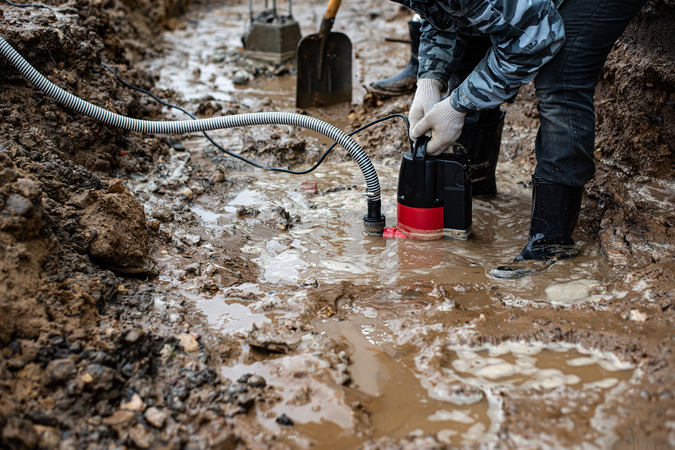Environmental Economics: A Survey
A survey of environmental economics research that reflects on the history and impact of the field.
“When the environmental revolution arrived in the late 1960s, the economics profession was ready and waiting. Economists had what they saw as a coherent and compelling view of the nature of pollution with a straightforward set of policy implications. The problem of externalities and the associated market failure had long been a part of microeconomic theory and was embedded in a number of standard texts. Economists saw pollution as the consequence of an absence of prices for certain scarce environmental resources (such as clean air and water), and they prescribed the introduction of surrogate prices in the form of unit taxes or “effluent fees” to provide the needed signals to economize on the use of these resources. While much of the analysis was of a fairly general character, there was at least some careful research underway exploring the application of economic solutions to certain pressing environmental problems.”





